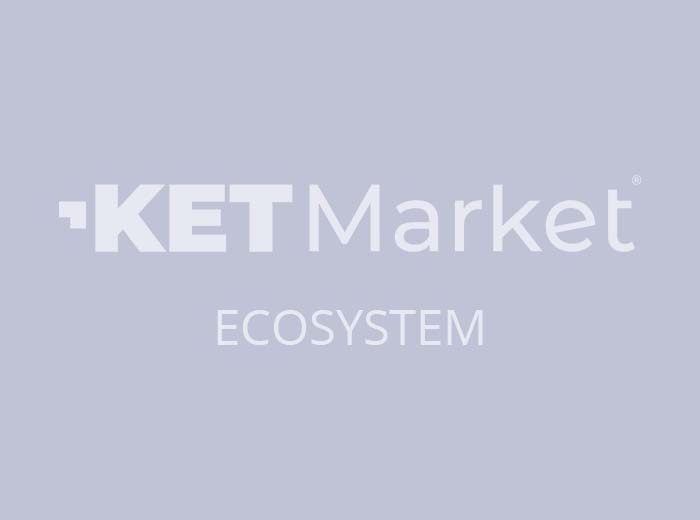Supplies of new antibiotics are running dry, and if nothing is done to fight the problem, then scientists believe that within 10 to 20 years, bacteria will have become resistant to all major antibiotics, meaning simple infections could be fatal.More than a third of EU countries have experienced a significant increase in drug-resistant E. coli and klebsiella, a bacteria which can cause pneumonia, over the past four years.On top of that, there has not been a new antibiotic registered since 2003, and the marine environment represents an untapped source for new biologically active molecules, in particular antibiotics.As part of the EU-funded PharmaSea project, scientists are looking for new drugs in some of the deepest trenches in the oceans, in the belief that evolution may have progressed differently there.PharmaSea, backed by more than EUR 9.5 million from the EU, will collect and screen samples of mud and sediment from the huge, previously untapped oceanic trenches. The team comprises experts from Belgium, Denmark, Germany, Ireland, Italy, Norway, Spain, Switzerland and the UK.They have a specific goal in mind – to discover five new antibiotics ready for patient use by the end of the current decade, sourced from the diversity of marine life in our oceans.Salvage techniquesAccess to really deep water is restricted to oceanography ships and deep sea sampling equipment, so the team will use ‘inexpensive and robust’ equipment based on that used in the salvage sector.For sampling sediments from the deep seas, the team of Prof. Marcel Jaspars (University of Aberdeen) will employ strategies used by the salvage industry. © Marcel JasparsFor sampling sediments from the deep seas, the team of Prof. Marcel Jaspars (University of Aberdeen) will employ strategies used by the salvage industry. © Marcel JasparsThe team, led by Professor Marcel Jaspars of the University of Aberdeen in Scotland, will search for organisms by lowering sediment collecting equipment into the trench bed from fishing vessels.Having scoured for marine organisms more than 2 000 metres below sea level, scientists will then attempt to grow unique bacteria and fungi from the sediment that can be extracted to isolate novel drug-like molecules for testing.The first tests will be carried out in the autumn in the Eastern Pacific Ocean, off Chile and Peru, followed by tests in the Arctic and Antarctic.‘Our guiding philosophy is simple,’ said Prof. Jaspars. ‘Unique and extreme environments can yield new species of marine micro-organisms. By choosing deep and cold marine environments we hope to tap novel diversity not seen before. Deep ocean trenches are islands of diversity in which evolution may have progressed differently.’One of the main aims is to look for new antibiotics in newly discovered marine bacteria and the team will focus on drug discovery for neurological, inflammatory and other infectious diseases as well as in the area of cancer treatment.“‘By choosing deep and cold marine environments we hope to tap novel diversity not seen before.’Professor Marcel Jaspars, University of Aberdeen, ScotlandBy the end of the project, in September 2016, it is hoped this innovative form of bio-prospecting will have significantly advanced the fight against antibiotic resistant bacteria.Marine and coastal environments contain about 90 % of all organisms on Earth, and European seas are home to over 36 000 known species – with thousands as yet unclassified.‘Many of these organisms produce a wealth of chemical compounds,’ said Professor Heikki Vuorela, of the University of Helsinki. ‘Our hope is that any discoveries may pave the way to a healthier future, both for people and the marine environment.’
This article was originally published in Horizon, the EU Research and Innovation magazine.
Add to favorites:
Share:
Listing Description
Video
Documents
No documents available.
Ask KETMarket to make a contact
Connect with the Listing Owner!
💬 Please log in now to askKETMarket to make a contact. Not a member yet? Sign up for free and start connecting today!
Video
Related Funding and Finance Opportunities
Unlock Exclusive Funding Opportunities!
🔑 Get instant access to tailored funding opportunities that perfectly match your needs. This powerful feature is exclusively available to our premium members—helping you save time, stay ahead of the competition, and secure the right funding faster.
Upgrade to Premium now and never miss an important opportunity again! Already a premium member? Log in here to explore your matches.
Related Innovation Offers
Discover Tailored Innovation Offers!
🚀 Gain access to technology solutions that match your specific needs and interests—carefully selected to support your innovation goals. These offers are exclusively available to our premium members, helping you identify relevant technologies faster and start the right conversations with potential partners.
Upgrade to Premium now and explore your personalized technology matches today! Already a premium member? Log in here to view your tailored offers.
Related Knowledgeable Resources
Discover More with Premium: Related Knowledge Resources
🔒 You’re missing out on expert-curated knowledge specifically matched to this topic. As a Premium member, you gain exclusive access to in-depth articles, guides, and insights that help you make smarter decisions, faster.
Whether you’re preparing a funding proposal, researching a new market, or just need reliable information—our Premium knowledge matches save you hours of research and point you directly to what matters.
Upgrade to Premium now and instantly unlock relevant knowledge tailored to your needs! Already a member? Log in here to view your personalized content.

